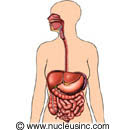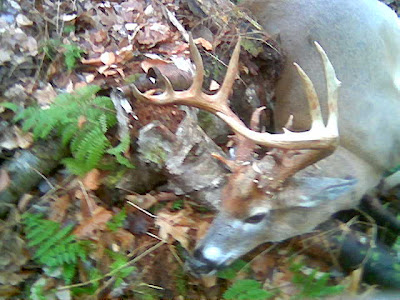
In November, there were several factors in favor of cold and snow, especially in January and February. But at least four of those factors have changed significantly in just a short period of time! I realize I’m a weather forecaster, but I didn’t see this coming. I’m a jackass.
Other factors are in the North Pacific and North Atlantic. Look at the pattern in November, and the current pattern. What a change! This cold water has led to those western storms and flooding the country with warm air. Got to admit, didn’t see that coming. Not at all.
In the Atlantic, an area of warm ocean waters was supposed to lead to a negative NAO pattern, which often leads to winter storms. Now, the warm water has disappeared, and the NAO has been way too positive. You’d have to be a "Genie" to know that was going to happen. Besides, my ridiculously undersized head is shoved up my ass all the way to my bowtie. Can't see the warm ocean waters from inside my anus.
The result: It's warm all over the U.S., over Canada, over Europe, and even over Asia (not to mention warm inside my sphincter). One has to wonder if global warming has a hand in this, too (or if I’m completely incontinent. I mean incompetent).
With the El Nino weakening, I'm not giving up on winter, but I am willing to accept reality. January is at least going to start mild. By February, if I’m not out of a job, we may see some snow.
I'm now cutting my snow total in half: to 15 to 20 inches, with still one big snowstorm in February. If we don’t get any snow by the end of February, I’m going to update my winter forecast again, and once again cut the predictions, this time down to 1-5 inches.
For temperatures, I'm going 3 degrees above normal for January and then 2 degrees below normal for February and March. Except in my sphincter, where all of my hot air may lead to 12 degrees above normal, with wet, humid and somewhat soupy conditions throughout the entire winterduh.
By File Boy


























